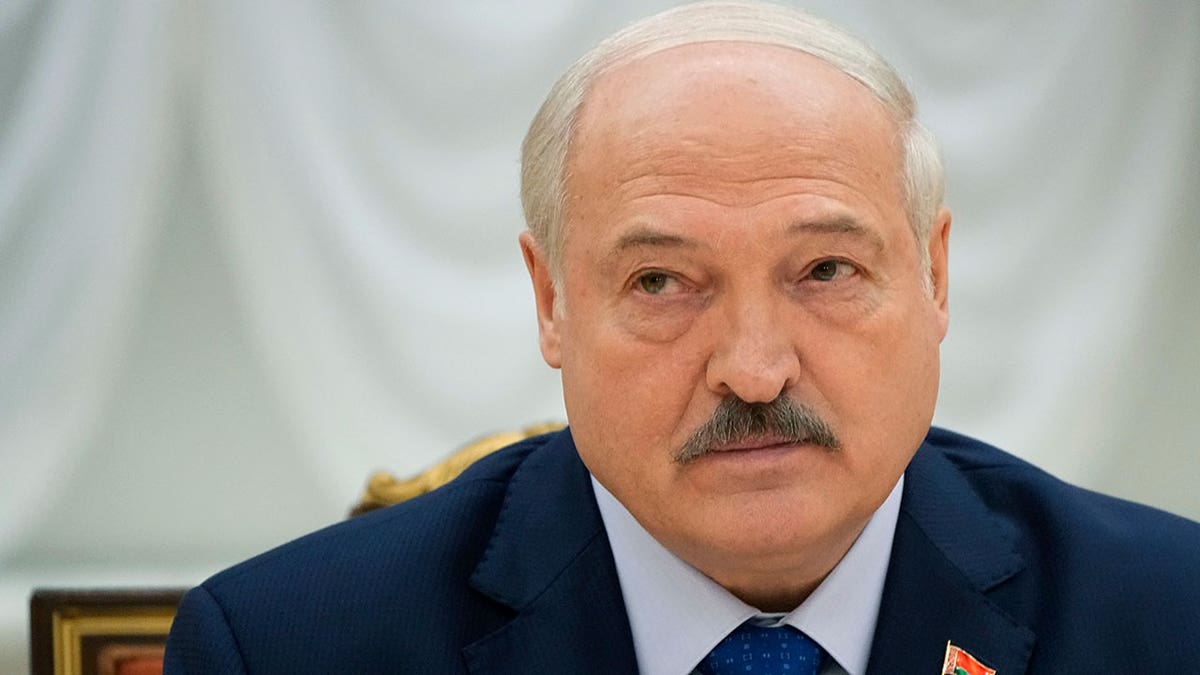Fox News Flash top headlines for January 9
Fox News Flash top headlines are here. Check out what's clicking on Foxnews.com.
- The Organization for Security and Cooperation in Europe, a trans-Atlantic security and rights watchdog, has criticized Belarus for refusing to allow the group to observe its parliamentary vote.
- Belarusian authorities said Monday that OSCE observers would not be invited to monitor the upcoming February parliamentary and local elections.
- Belarus' rejection of monitoring is seen as a move by President Alexander Lukashenko to strengthen his nearly three-decade rule.
A top trans-Atlantic security and rights watchdog has criticized Belarus' refusal to allow the group to observe its parliamentary vote, saying that it defies the country's international obligations.
Belarusian authorities announced Monday that they wouldn't invite observers from the Organization for Security and Cooperation in Europe to monitor February's parliamentary and local elections.
Belarus is a member of the OSCE, and the group’s monitors have been the only international observers at Belarusian elections for decades.
The OSCE said the move violates the commitments Belarus has made as a group member.

Belarusian President Alexander Lukashenko listens, during his meeting with foreign correspondents, in Minsk, Belarus, on July 6, 2023. A top trans-Atlantic security and rights watchdog is criticizing Belarus’ refusal to allow the group to observe its parliamentary vote, saying that it defies the country’s international obligations. (AP Photo/Alexander Zemlianichenko, File)
Matteo Mecacci, the director of the OSCE’s Office for Democratic Institutions and Human Rights, said that Belarus' refusal "will prevent the country’s citizens and institutions from benefiting from an impartial, transparent and comprehensive assessment."
"This is contrary to the commitments made by Belarus, and goes against both the letter and the spirit of collaboration on which the OSCE is based," he added.
Belarus' refusal to allow OSCE monitoring is the latest move by authoritarian President Alexander Lukashenko to further cement his nearly three-decade rule.
The parliamentary vote on Feb. 25 will be the first election since the contentious 2020 presidential balloting that gave Lukashenko his sixth term in office and triggered an unprecedented wave of mass protests around the country.
LUKASHENKO SIGNS LAW GRANTING SELF CRIMINAL IMMUNITY FOR LIFE
Lukashenko’s government responded with a harsh crackdown, arresting more than 35,000 people. Many of those have been brutally beaten by police and forced to leave the country.
This year’s election will take place amid continued repression and as some 1,500 political prisoners remain behind bars, including leaders of opposition parties and renowned human rights advocate and 2022 Nobel Peace Prize winner Ales Bialiatski.
Belarusian authorities have carried out "re-registration" of political parties operating in the country of 9.5 million, granting credentials to only four pro-government parties out of 15 that had operated in the country at the beginning of last year. Opposition politicians are not expected to get on the ballot.
Belarusian opposition leader Sviatlana Tsikhanouskaya, in exile in neighboring Lithuania, urged Belarusians to boycott the vote, calling it "a farce without international monitoring."










































